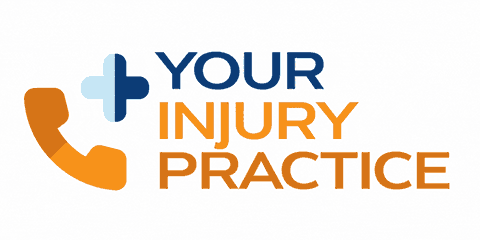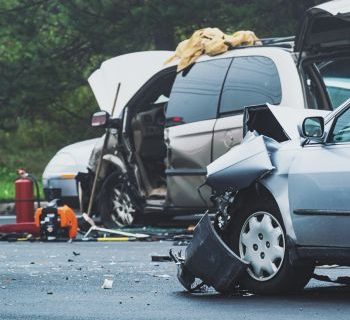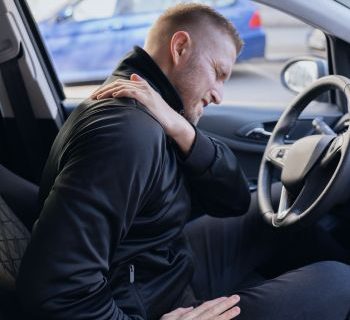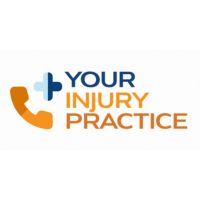Experiencing a traffic collision can be overwhelming, often leading individuals to overlook essential actions that are crucial for recovery. Understanding the nuances of compensation systems is vital, as misconceptions can result in significant errors. Many drivers neglect to collect adequate evidence, which can jeopardize their claims and expose them to the risk of denied damages. Proper documentation is indispensable; without it, establishing the facts surrounding the accident can become exceedingly difficult. Timely communication with insurance providers is critical, as delays may impede your access to necessary personal injury protection. Gaining insight into these aspects will aid in navigating the complexities of car accidents and common mistakes in traffic collisions, as well as understanding the role of insurance and law in personal injury claims, ultimately ensuring fair compensation for damages and lost wages. Contact our New York car accident doctors at Your Injury Practice.
Common Pitfalls After A Traffic Collision
Responding effectively after an accident is vital for mitigating risks and complications. One common mistake drivers make is failing to document essential information at the scene, which can complicate future claims. Our team of New York car accident doctors is here to help. Collecting witness details and capturing photographs can significantly aid your claims adjuster. Neglecting to seek medical evaluation following a collision can have serious consequences. Even seemingly minor incidents might lead to hidden injuries, causing long-term pain or complications. Prioritizing a medical check-up is crucial for both your health and maintaining necessary records. Admitting fault too early can create legal liability issues and should be avoided.
Essential Evidence To Gather Post-Accident
Gathering the right documentation following an incident on the road can significantly impact the outcome of a personal injury claim. One crucial aspect is capturing photography evidence, which involves taking clear pictures of the scene, vehicle damage, and any visible signs and symptoms of injuries. This visual documentation aids in illustrating the context and severity of the situation. Witness statements are equally important; acquiring accounts from individuals who observed the accident provides unbiased insights that can bolster your case and clarify the sequence of events. Police reports present official documentation that includes critical details about causation (law) and liability, which can be vital for any subsequent lawsuit, as they may contain information regarding signs and symptoms of injuries, the vehicle insurance involved, and factors related to comparative negligence that are essential for navigating insurance claims and determining expenses following a car accident.
Understanding Your Insurance Policy
Having a thorough grasp of your coverage is vital for effective risk management. An insurance policy outlines the terms and conditions of your protection. Coverage types indicate what damages or losses the policy will address, impacting your financial security as an accident victim. In contrast, exclusions highlight the situations that the insurance company may not cover, which can lead to common mistakes and unexpected out-of-pocket expenses for policyholders. Reviewing these sections helps ensure you are prepared when you file a claim. An insurance adjuster will evaluate your case based on these details, making it crucial to know what is included and excluded in your policy.
Witness Statements in Car Accidents
- Witness statements provide firsthand accounts that clarify the sequence of events in an accident.
- Credible observers can significantly strengthen an auto insurance claim by corroborating the involved parties’ narratives.
- Discrepancies in witness statements can complicate the claims process and weaken the case for fault.
- Social media and local networks can help locate potential witnesses who may have valuable information regarding the accident.
How To Report An Accident Effectively
After an unexpected incident, navigating the complexities of reporting can feel overwhelming. Ensuring that you collect the necessary contact and insurance information for everyone involved is vital to streamlining the process. Gather names, addresses, and pertinent insurance details immediately after the event to facilitate effective communication. Documenting the incident’s key elements, such as the date, time, and precise location, helps clarify what transpired. Understanding the weather conditions that may have contributed to the cause of the accident is equally important. Gathering witness accounts promptly can also play a crucial role in the accident, providing insights that strengthen your position when dealing with insurance companies.



